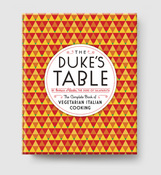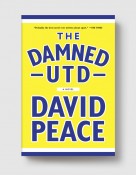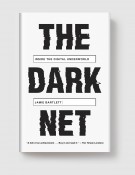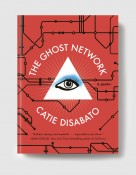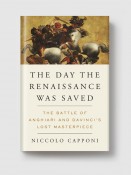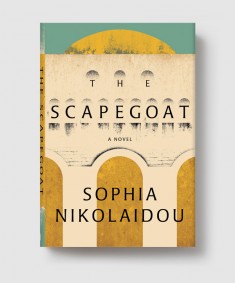
List price: $23.95
- Pages320
- ISBN9781612193847
- Publication dateFebruary, 2015
- Categories
- Booksellers
- Media
- Academics & Librarians
The Scapegoat
Sophia Nikolaidou
Karen Emmerich
“Intricate and suspenseful… While we follow Nikolaidou’s deeply satisfying plot, she also slyly poses some of the large questions of contemporary life: how do we value the individual against the state? what causes are worth lying for? is justice ever done?”—Margot Livesey, author of The House on Fortune Street
From a major new Greek writer, never before translated—a wide-ranging, muck-raking, beautifully written novel about the unsolved murder of an American journalist in Greece in the forties
In 1948, the body of an American journalist is found floating in the bay off Thessaloniki. A Greek journalist is tried and convicted for the murder . . . but when he’s released twelve years later, he claims his confession was the result of torture.
Flash forward to modern day Greece, where a young, disaffected high school student is given an assignment for a school project: find the truth.
Based on the real story of famed CBS reporter George Polk—journalism’s prestigious Polk Awards were named after him—who was investigating embezzlement of U.S. aid by the right-wing Greek government, Nikolaidou’s novel is a sweeping saga that brings together the Greece of the post-war period with the current era, where the country finds itself facing turbulent political times once again.
Told by key players in the story—the dashing journalist’s Greek widow; the mother and sisters of the convicted man; the brutal Thessaloniki Chief of Police; a U.S. Foreign Office investigator—it is the modern-day student who is most affecting of them all, as he questions truth, justice and sacrifice . . . and how the past is always with us.
“Intriguing… Confronts uncomfortable questions about moral compromise during wartime…with verve and slangy energy.”
—Wall Street Journal
“The picture of generations-old moral compromise in a Greece belittled by foreign interest cuts close to the bone.”
—Financial Times
“Timeless… The question of who’s lying and who’s telling the truth makes for a philosophical page-turner.”
—Huffington Post
“A bulging satchel of a book… Nikolaidou writes with wit and sympathy about family dynamics, high school teachers, students and teenage crushes, and with energy and verve about politics… Hope blows like a warm spring wind through the novel’s final pages.”
—The Times Literary Supplement (UK)
“Beautifully crafted… The Scapegoat is not so much a traditional murder mystery as ideas-driven history, and though the whodunnit is never really answered, finishing this excellent novel is still deeply satisfying.”
—The Literary Review
“Enlightening and entertaining.”
—National Herald
“An utterly compelling meditation on the nature of political truth, compromise, and justice and at the same time an evocative reflection on family dynamics and generational change. The symphony of voices…swells in the reader’s imagination.”
—Cleaver Magazine
“A well-narrated and tragic story that teaches us that history is never as straightforward or black an white as the history books oftentimes make it seem.”
—The Bookbinder’s Daughter
“Nikolaidou creates a compelling cast of characters… The varied perspectives of these characters create a snapshot of lives in turmoil in a place of deep history and even deeper conflict.”
—Shelf Awareness
“[A] funny, heartfelt, and intellectually potent novel.”
—Publishers Weekly
“A complex story in which murder and politics in postwar Greece resurface to change the life of a bright teenage boy who’s been going off the rails… [A] carefully orchestrated tale of political expediency.”
—Kirkus Reviews
“Told from various perspectives, the narratives intertwine: Minas gropes his way toward adulthood, and readers are invited to grapple with messy questions of historical truth and moral ambiguity. In the end, this mixture of history and fiction is both sweet and unsettling.”
—Booklist
“The book, with strong writing and the well-orchestrated voices of its many characters, dares to suggest correlations with the current Greek crisis.”
—Ethnos
“Moves deftly from the historic to the present day.”
—Athens News Agency




